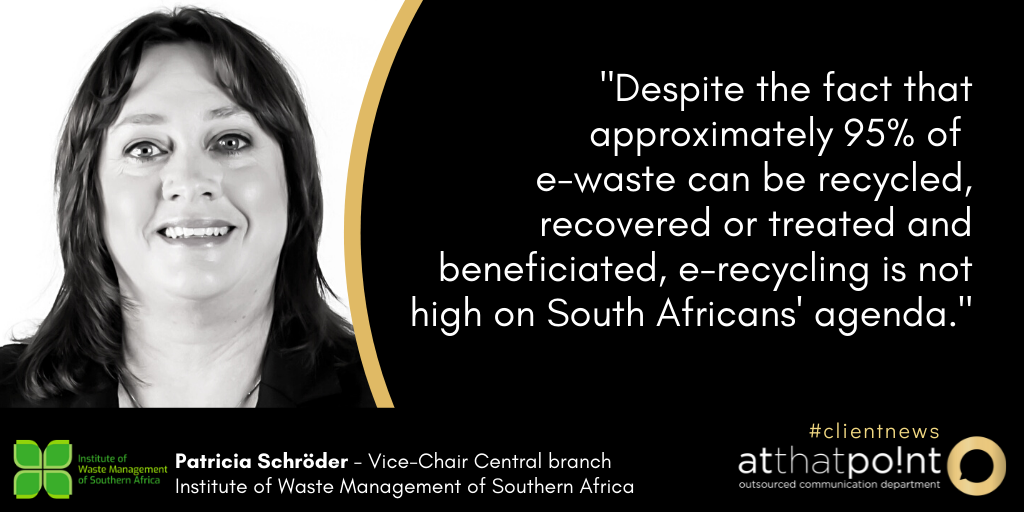|
By Nicol Mullins, Chartered Reward Specialist and Exco Member, South African Reward Association(SARA)
COVID-19’s most lasting effect may be prompting us to think differently. For me, this global crisis provides a heaven-sent opportunity to rethink the way we look at remuneration and, more broadly, work. Some companies are already thinking differently, as shown in a dipstick survey recently conducted by SARA (our COVID-19 Remuneration Actions Survey). It shows that 41% of respondents have implemented senior staff pay cuts, and some companies are cutting short-term (27%) and long-term incentives (23%). Twenty-five percent of respondents have still not made a decision about short-term incentives, and 43% are pondering long-term incentive cuts, so presumably some of these might also elect to cut executive pay or put incentives on hold. These are prudent measures designed to preserve cash against an uncertain future, but they also send a powerful message to the whole organisation: We are in this together, and we will make sacrifices to keep everybody’s job safe for as long as we are sustainably able to. But there’s also plenty of increased news report frequency around organisations considering, or implementing retrenchments. Bizarrely, this approach is often welcomed by the market, and stocks often rise when retrenchments are announced. I would argue that this is simply indicative of the short-term thinking that bedevils our economic system, a finite mind-set opposed to an infinite mind-set. If you think about it, retrenchments are negative because they result in a catastrophic loss of institutional memory and valuable skills, amongst several other negative knock-on effects. The company is weakened, and ill-placed to take advantage of more favourable economic conditions when they come. We are always hearing about the war for talent and how long it takes to get people trained and productive. Getting rid of the people so laboriously acquired and trained can never be positive if one takes a long term view, as any board and exco must. It also sends a highly negative message that people are expendable in the quest for short-term gain. What if, rather, the approach evident in our survey was taken further? What if the company’s leaders levelled with staff and said, “We need to cut still more costs”? Retrenchment and employment are not alternatives, they are the ends of a long continuum. Most people would take a pay cut of some kind to retain their job, and the sense that the company is a family that looks out for its members would be enhanced. Such a company would come out of the lean times with the skills it needs to grow—and, more important still, a workforce with the right attitude. This question of attitude is crucial. Companies spend millions surveying “employee engagement” and trying to improve it because an engaged employee is a productive employee and one who will willingly volunteer additional discretionary time and effort towards company success. The way companies approach this crisis—retrenchment or coming up with a shared solution—will play a large part in driving better employee engagement and ultimately long-term sustainability and success. Playing the long game In fact, wouldn’t it make sense to rethink our whole approach to remuneration? One thing that’s struck me forcibly over the past months is the role of medical and nursing staff in fighting COVID-19. They are performing an essential role at great personal cost with a high risk of infection and stressful working conditions. In terms of the conventional approach to remuneration, assumed to be governed by supply and demand, they should be commanding higher pay. But those working on the COVID-19 frontline are not being paid extra (Cuban doctors excepted, perhaps) because, at base, they and their employers have a shared purpose: saving lives. Compare the conventional, friction-filled remuneration negotiation in which employees negotiate the highest possible pay, while companies seek to get the skills they need to fulfil their strategic objectives at the best possible price. But when there’s a shared purpose between employees and their employers, the remuneration discussion takes place on a different level. In fact, if people feel that their purpose in life is aligned with what their employer wants them to do, or that their job gives them a purpose, their primary focus will not be the size of their salary but rather the satisfaction they get from doing their jobs. Such employees will “go the extra mile”, will apply their minds to improving the business and, yes, will take pay cuts when necessary to preserve the company—and the jobs of themselves and their colleagues. Organisations and employees that align themselves around a shared purpose rather than financial targets are in a better position to adapt to what everybody agrees is a highly volatile, uncertain, complex and ambiguous (VUCA) business environment. They have resilience built into their DNAs because their people are united in pursuit of a common goal. Such companies will survive COVID-19 and prosper again; for the rest, the future is not so certain. ENDS MEDIA CONTACT: Rosa-Mari Le Roux, 060 995 6277, [email protected], www.atthatpoint.co.za For more information on SARA please visit: Website: www.sara.co.za Twitter: @SA_reward LinkedIn: South African Reward Association Facebook: SARA – South African Reward Association
0 Comments
Leave a Reply. |
Archives
March 2023
Welcome to the South African Reward Association newsroom.
Categories
All
|


 RSS Feed
RSS Feed